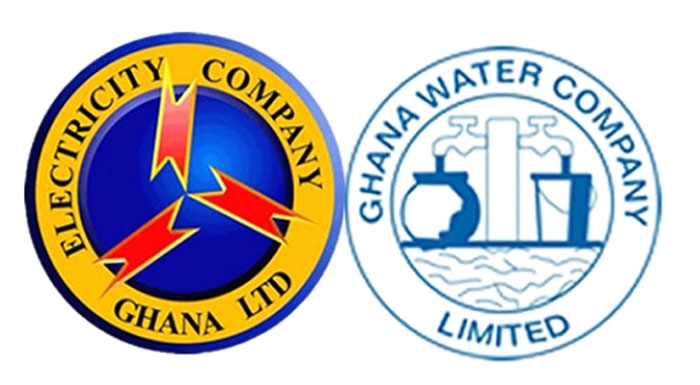Finally, there has been an upward review of utility tariffs. We have noted the factors which informed the decision and the constraints with which the Public Utilities Regulatory Commission (PURC) reached the announced hikes.
The PURC, we wish to state, managed the subject well, the announcement having been preceded by an assortment of engagements, with stakeholders and a cross section of consumers before settling upon what was announced a couple of days ago.
The lesson to be learnt from the PURC pre-increase activities is that, when the public is engaged sufficiently prior to such hikes, there is little or no resistance.
We have especially taken note of the efforts in ensuring that the capital expenditure activities of the utility companies are not disadvantaged even as the increases are far cries from what the service providers demanded in their proposals.
It can only be imagined what the fallouts would have been were there no stakeholder engagements.
Electricity and water as the foremost utilities, must be protected in whatever means. In doing so, however, the ultimate goal of satisfying the consumers should supersede the individual companies’ because, after all, the service providers exist to satisfy the needs of the citizens.
Over the years, such increases have been resisted by government in its bid to ensure that the public does not suffer unduly the further erosion of their real incomes.
The efficiency of the utility companies which the PURC is there to ensure, is a subject which must be brought to the front burner.
Many do not know the mandate of the PURC, knowledge which is restricted to middle income earners and not among low income consumers.
It behooves therefore the PURC to use their many offices now straddling the country but the recently created ones, to educate such persons to appreciate and use the services of the Commission.
Inefficiencies should not be features of service providers and to ensure that this does not happen, the public should know what constitutes such shortcomings and what to do when they detect them.
We are glad to learn that next year the commission is going to unfurl a mechanism to determine the efficiency or otherwise of utility companies without relying on the reports from such entities as it is the case currently. This way the utility companies would be compelled to up their deliveries.
If we demand efficiency from our utility companies, we, the consumers too must be responsible by paying our bills and to report to the relevant authorities, those who steal utilities through illegal connections and related offences.
We are quick to point fingers at shortcomings in the provision of services but hardly report utility thieves.
Burst pipes are sources of waste to both the water company and we, the consumers or tax payers, yet we hardly show concern when we see these. We must develop the culture of helping the utility companies to help us.


